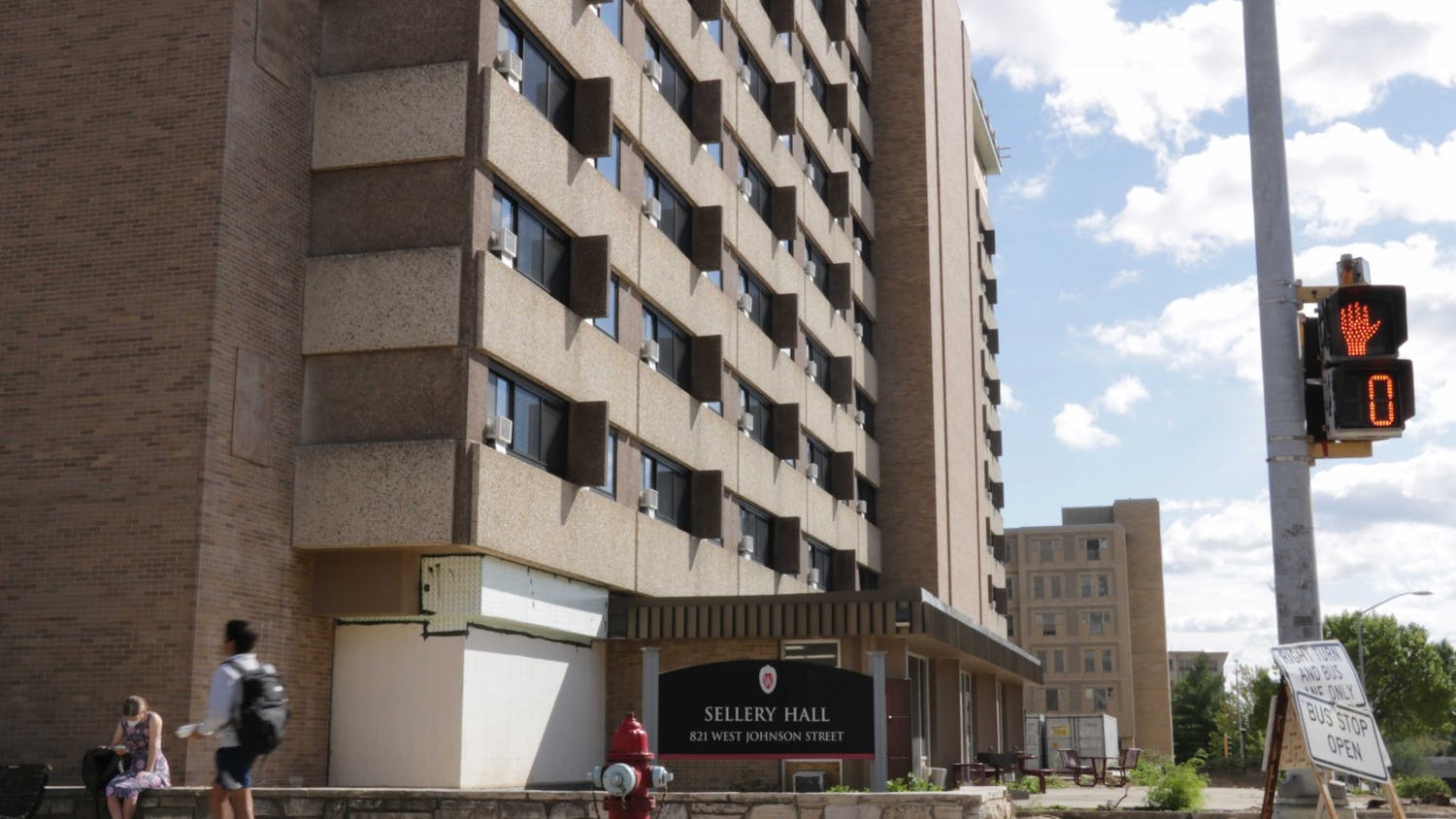Despite widespread skepticism about whether or not the digitalization of America’s dialogue can advance modern thought, University of Wisconsin-Madison professor Dietram Scheufele said there are only three common behaviors that, if corrected, could transform the current state of polarizing disagreements online into beneficial conversations.
Scheufele, a science communication professor, spoke at the university’s first TEDx conference Saturday, an event UW-Madison students and staff organized independent of the national TED series.
Scheufele said he realized the poisonous aspects of an online news environment last year while studying the phenomenon of the mass “inability to really interact in a somewhat polite and somewhat civil fashion” to things read online.
One of the key contributors to the problem is something Scheufele called the “virtual ski mask,” which refers to the absence of natural conversation regulators, such as facial expressions, online.
“What we don’t have there is this immediate social feedback or this immediate non-verbal feedback,” Scheufele said. To combat the problem, Scheufele encouraged people find a way to invite “that little person in your head that censors you” during face-to-face interactions to their online persona.
Secondly, Scheufele said people are missing out “on ideas that challenge what [they] already know,” because online news consumption does not “maximize informational serendipity.” For instance, Scheufele said the current system filters the content people come in contact with, allowing them to only view opinions they agree with.
Lastly, Scheufele condemned many who are content as spectators to the sport of online debate. For the best ideas to emerge victorious, Scheufele said full-scale participation is necessary.
“We need to figure out as a country a way to express disagreement, to utilize disagreement and really reap the benefits of this great experiment,” Scheufele said.
Four other UW-Madison faculty spoke at the event, including Alexander Shashko, a professor of black music history; Anita Bhattacharyya, a stem cell researcher; Christopher Coe, the director for the Harlow Center for Biological Psychology; and Lori DiPrete Brown, the associate director for education and engagement at the UW Global Health Institute.
Vincent Thielke, the TEDxUWMadison spokesperson said the organizational team was “very happy” with the audience turnout and is hoping to host a similar event in 2014.





